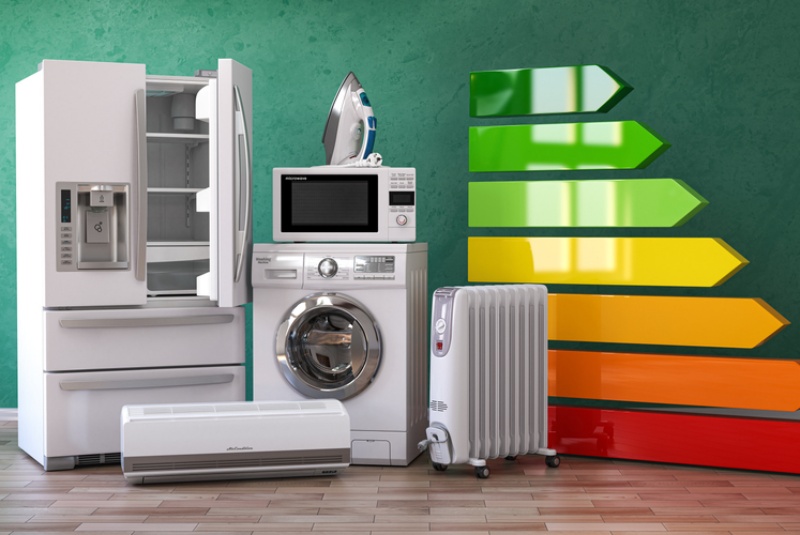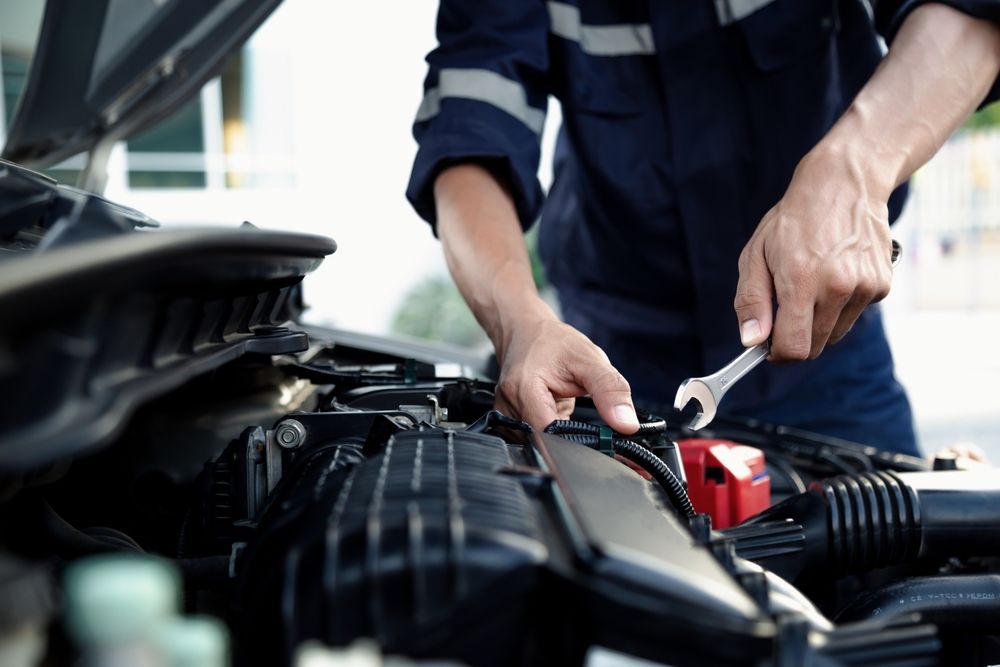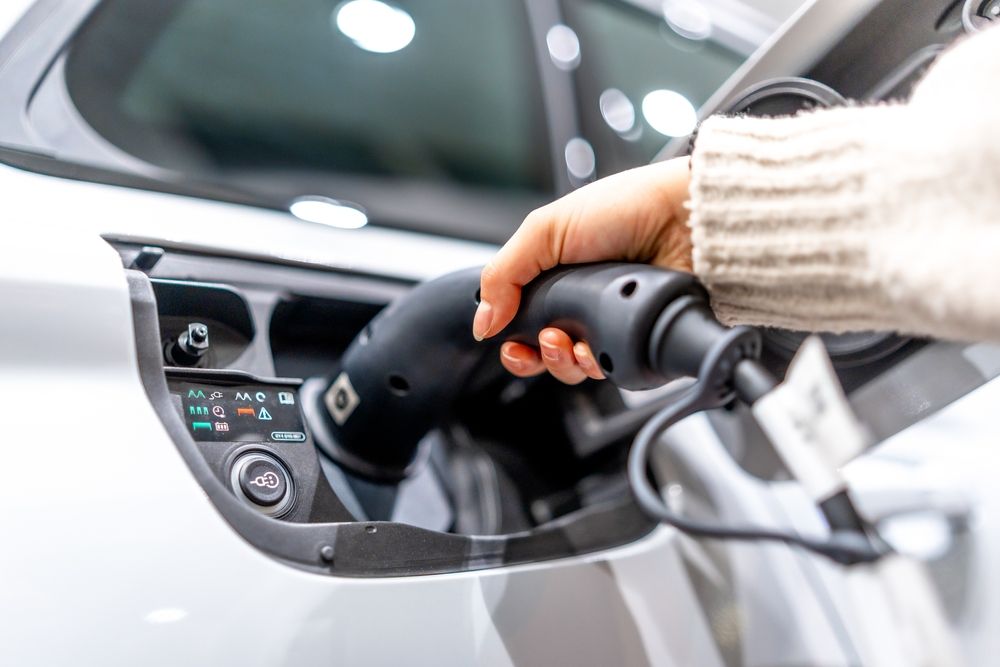The path to a sustainable future has become more tangible than ever before, with a myriad of options available for the everyday consumer. At the forefront of this green revolution are energy-efficient appliances, an investment that promises not just environmental conservation, but also significant cost savings over time.
Energy-efficient appliances are products that utilize less energy to perform their functions compared to their conventional counterparts. These encompass a wide range of household and commercial appliances including refrigerators, air conditioners, heaters, washing machines, and more.
The Environmental Protection Agency's (EPA) Energy Star program, in existence since 1992, has provided a reliable benchmark for energy efficiency. Appliances that earn the Energy Star label have met strict criteria for energy usage and performance, signifying they utilize 10-50% less energy than standard models.
The primary reason to invest in energy-efficient appliances is the potential for cost savings. Though these appliances often come with a higher upfront cost, they use less electricity, leading to lower utility bills. Over the appliance's lifespan, the accumulated savings can often surpass the initial price difference.

For example, an energy-efficient refrigerator might cost $100 more than its conventional counterpart but save you $200 or more in electricity costs over its lifetime. When calculated for every appliance in a home or business, the savings can add up to a significant amount, ultimately providing a return on the investment.
The second compelling reason to invest in energy-efficient appliances is environmental stewardship. The electricity that powers our appliances is often generated from fossil fuels, contributing to greenhouse gas emissions. By using appliances that consume less power, we indirectly reduce our carbon footprint.
By investing in an Energy Star-rated washing machine, for instance, you can reduce water usage by approximately 40%, saving valuable resources and lowering emissions associated with heating the water. It is a direct, practical way we can contribute to mitigating climate change.
Additionally, many energy-efficient appliances come with innovative features and advanced technologies that improve their performance. For instance, energy-efficient dishwashers often have soil sensors that assess how dirty your dishes are and adjust the cycle length accordingly, saving water and electricity without compromising on the cleaning power.
Moreover, the shift towards energy-efficient appliances is also bolstered by governmental support. In many regions, governments offer incentives and rebates to encourage consumers to make the switch. These incentives can make energy-efficient appliances even more financially attractive, further promoting their uptake.
Investing in energy-efficient appliances is not just a financial decision; it's an ethical one. It’s an investment in a sustainable future, a commitment to combating climate change, and a practical way to lower monthly utility bills. These appliances represent a merging of economic and environmental interests, offering tangible benefits to our wallets and our planet.
However, it’s essential to do thorough research before purchasing an energy-efficient appliance. Look for reliable certifications like Energy Star, consider the total cost of ownership (including the purchase price, operating costs, and potential repairs), and ensure the appliance suits your lifestyle and meets your needs.
As the world grapples with the realities of climate change, each of us has a role to play. By choosing to invest in energy-efficient appliances, we can make a significant impact not only on our immediate surroundings but also on the broader environment. In this way, we become active participants in the global effort to create a more sustainable and energy-efficient future.




